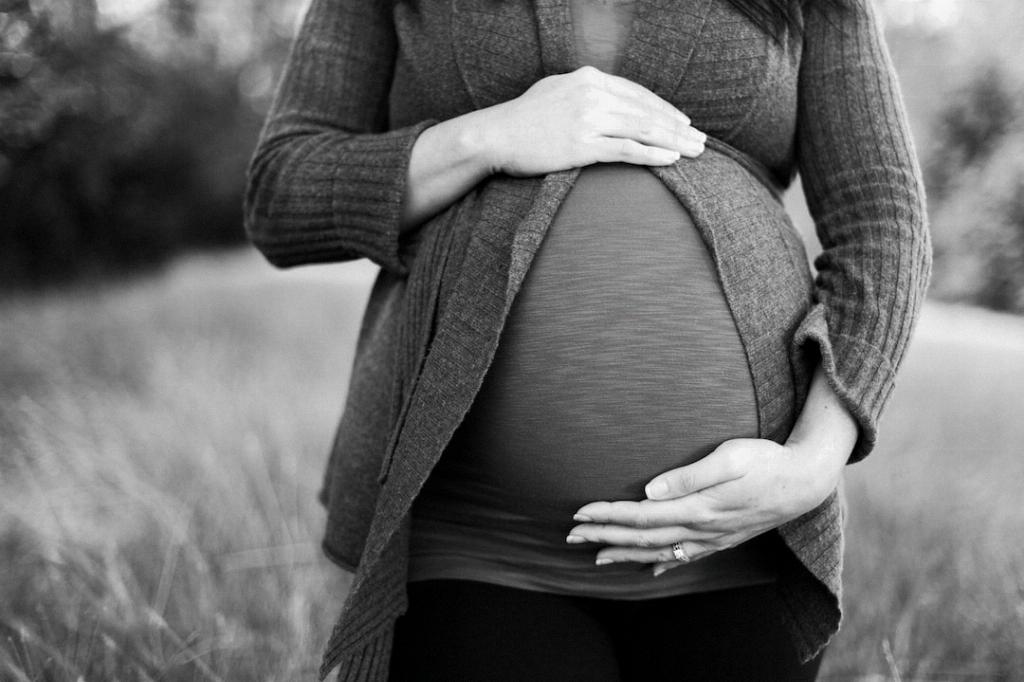At 39 weeks pregnant, you are likely eagerly anticipating the arrival of your little one. But as your due date draws nearer, you may experience a range of symptoms that can be concerning. One common question that arises is whether experiencing diarrhea at 39 weeks pregnant is normal.
Causes of Diarrhea During Pregnancy
Diarrhea during pregnancy, especially in the third trimester, can be attributed to a variety of factors. Hormonal changes, dietary changes, and increased stress levels can all contribute to gastrointestinal issues. Additionally, as your body prepares for labor, your muscles may relax, including those in the digestive tract, leading to looser stools.
Dehydration Concerns
It’s important to monitor your hydration levels if you are experiencing diarrhea at 39 weeks pregnant. Diarrhea can quickly deplete your body of fluids and electrolytes, which is especially concerning during the final weeks of pregnancy when staying hydrated is crucial for both you and your baby.
When to Seek Medical Attention
While occasional diarrhea may be common in late pregnancy, persistent or severe diarrhea should not be ignored. If you are experiencing diarrhea accompanied by other symptoms such as abdominal pain, fever, or dehydration, it is essential to consult your healthcare provider for further evaluation.
Managing Diarrhea Symptoms
If you are dealing with diarrhea at 39 weeks pregnant, there are steps you can take to alleviate symptoms. Staying hydrated by drinking plenty of water, consuming electrolyte-rich fluids, and eating bland, easy-to-digest foods can help restore balance to your digestive system.
Importance of Nutritious Diet
During the final weeks of pregnancy, maintaining a nutritious diet is essential for both you and your baby. While dealing with diarrhea, focus on consuming foods that are gentle on the stomach such as bananas, rice, applesauce, and toast (BRAT diet) to ease gastrointestinal distress.
Listen to Your Body
It’s crucial to listen to your body and rest when needed, especially as you approach your due date. Pregnancy is a physically demanding time, and ensuring you prioritize self-care can help alleviate symptoms such as diarrhea and promote overall well-being.
Consulting with Your Healthcare Provider
If you have concerns about experiencing diarrhea at 39 weeks pregnant, do not hesitate to reach out to your healthcare provider. They can provide personalized guidance based on your individual health needs and offer reassurance regarding the symptoms you are experiencing.
Monitoring Fetal Movement
While dealing with gastrointestinal issues such as diarrhea, continue to monitor your baby’s movements. Changes in fetal movement patterns can indicate distress, so staying attuned to your baby’s activity levels is important for ensuring their well-being in the final weeks of pregnancy.
Embracing Self-Care Practices
Engaging in self-care practices, such as gentle exercise, mindfulness, and relaxation techniques, can help alleviate stress and promote a sense of calm during the final weeks of pregnancy. Prioritizing self-care can have a positive impact on both your physical and emotional well-being.
Preparing for Labor
As you navigate the challenges of symptoms like diarrhea at 39 weeks pregnant, remember that each experience is a step closer to meeting your baby. Use this time to rest, prepare mentally and emotionally for labor, and trust in your body’s ability to bring new life into the world.
Final Thoughts
Experiencing diarrhea at 39 weeks pregnant can be unsettling, but understanding the potential causes and taking proactive steps to manage symptoms can help ease discomfort. Remember to prioritize hydration, nutrition, and self-care as you approach your due date, and always consult your healthcare provider if you have concerns about your symptoms.

